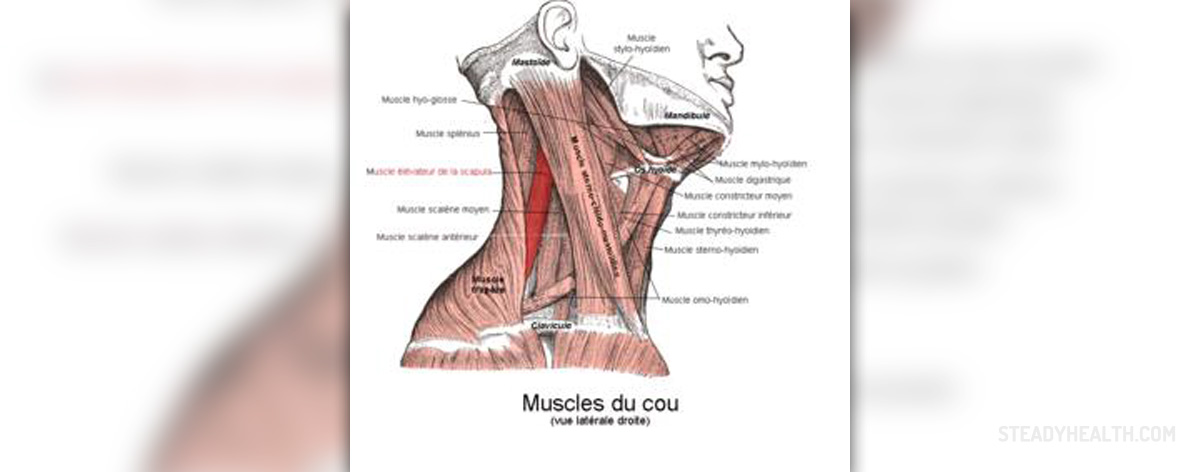
Muscular twitches affect many people globally. However, many of these occurrences come and go, being temporary and usually unnoticed. Yet, some, more serious cases may be a sign of a nervous system disorder, demanding medical assistance.
What is Muscle Twitching
The medical term for this condition is fasciculation. Basically, it stands for small, localized muscle contractions resembling shivering of the skin, even though the causes are underneath. Benign twitching of the muscles is not caused by any underling illnesses or other factors of this type but takes place due to dehydration or fatigue, as well as exercising. Some other factors which may trigger muscle twitching are caffeine overindulgence or certain medications or similar substances.
Other Causes of Muscle Twitching
Amyotrophic Lateral Sclerosis, or short ALS is a condition often referred to as Lou Gehrig's disease. This condition leads to muscle twitches along with cramping or stiffness due to affected nerves which are in charge of motor functions. If this condition is left untreated, it is known to affect one's legs and arms too. Moreover, speech, chewing and swallowing difficulties are also common signs of this condition. Finally, in the late stages of this illness, the patient becomes completely paralyzed.
As for other causes of muscle twitches, muscular dystrophy belongs to the list. This illness can be inherited, manifesting through weakness and degeneration of the skeletal muscles in charge of movement control. This condition may appear at any stage of human life, from early childhood to late adulthood.
Spinal Muscular Atrophy and Myopathy
Spinal muscular atrophy is yet another underlying cause of muscle twitching, being inherited as well, commonly affecting small children in their arm and leg regions. Happening due to a missing gene, there is a lack of an essential protein for motor neurons, thus leading to muscle problems.
Finally, an umbrella term, myopathy, encompasses numerous neuromuscular disorders, leading to weakness felt in the muscles due to muscle fiber issues. Cramps, involuntary movements and stiffness can occur too. Of course, nerve damage can lead to this kind of twitching as well.
When To Ask For Medical Assistance?
In most cases, muscle twitching is a temporary problem, taking place due to stress, fatigue or anxiety, affecting eyelids, thumbs or calves, disappearing in a day or two. However, if a muscle twitching problem remains persistent for a longer period of time, you should seek medical assistance. If an underlying problem is causing the twitching, timely diagnosis and treatment can lead to a quick and safe solution of this health issue.



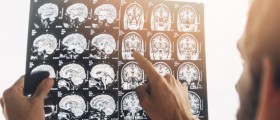
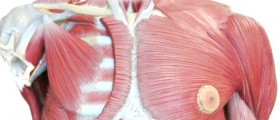
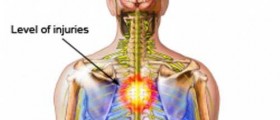


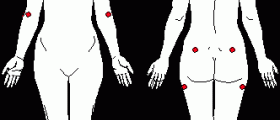







Your thoughts on this
Loading...